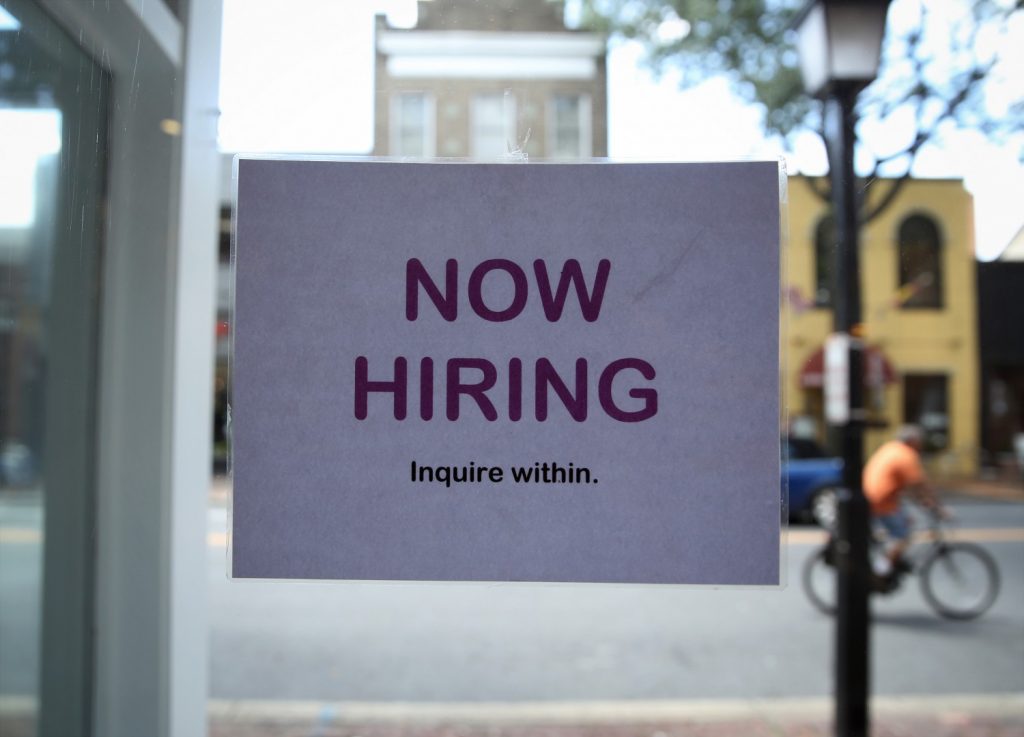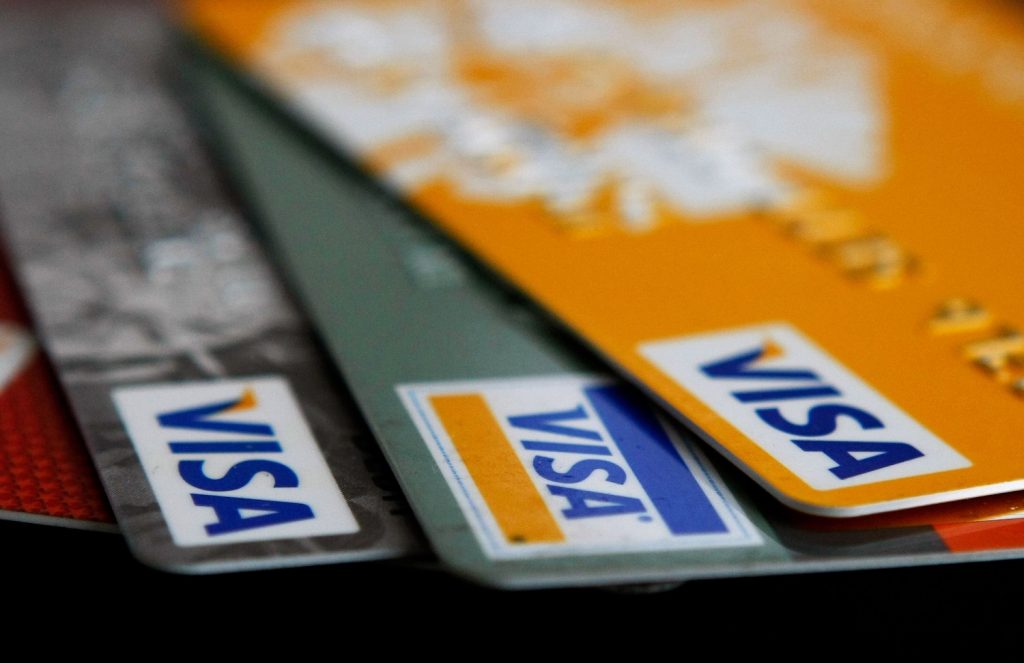We all have regrets.
Like the time you wore that Halloween costume you could swear looked good when you were standing in front of the mirror. But then your friend posted an unfortunate, decidedly unflattering photo on Facebook, and you were forced to realize the error of your ways. And not only that, but then your coworkers stumbled upon that unfortunate photo. Oof.
These kinds of regrets are bad, but financial regrets are worse. You’ll eventually get over that horrible costume, but you may never recover from the financial mistakes you make today.
Avoid these five mistakes to help set yourself up for a regret-free financial future.
1. Taking On Too Much Student Loan Debt
One of personal finance writer Cameron Huddleston’s biggest regrets was racking up $56,000 in student loan debt. Huddleston took out loans to get a master’s degree, which didn’t end up boosting his salary at all.
“I got a job with the same pay I was earning (before the master’s degree),” he wrote. “And the amount I owed in student-loan debt was more than my annual salary.”
Consider your anticipated salary before taking out mountains of student loan debt. And if additional degrees won’t boost your career in the long run, you may want to think twice.
2. Not Saving For Retirement Early Enough
A 2016 Bankrate survey found that not saving for retirement early enough was one of people’s biggest financial regrets. The survey also found that, unsurprisingly, those 65 and older were among those filled with the most regret over not saving for retirement earlier.
Bottom line: When you’re approaching retirement, you won’t be able to turn back time. Start saving now so that you don’t have regrets later.
“As you get closer to the line in the sand, shall we say, you may feel unprepared—just because it is a major life change,” Eleanor Blayney, a CFP professional and consumer advocate for the CFP Board, told Bankrate.
If you want to be saving more, start taking your budget seriously and learn how to save more than you spend.
3. Not Building Up An Emergency Fund
The minute you realize your car needs new brakes, you’re going to regret not having an emergency savings fund. This is the type of regret you’ll feel each time you face an unexpected expense.
An emergency savings fund is exactly what it sounds like—a savings account for emergencies that cost money, such as losing your job, car trouble, medical bills and vet bills.
To start saving, first make a budget and figure out where your money is going each month. Then, figure out what you can do without and start saving that money in a dedicated account. It won’t feel like much at first, but the important thing is that you start saving. Over time, you’ll build up a fund that can support you during expected situations.
The most important thing? Don’t touch that money until you need it.
4. Not Taking Advantage Of Your Employer’s 401(k) Match
If your employer is willing to put money into a retirement account for you, you’re literally leaving free money on the table if you don’t take them up on their offer.
Since most companies offer matching contributions, you’re required to put some money into your 401(k) too. This is a great incentive to get yourself to start saving now, even though retirement seems far away.
It’s important that you fully understand your match program so you get the most money, according to The Balance. If your employer will match up to 6 percent of your salary, you should contribute at least that much to get the full benefit.
5. Paying The Minimum Payment On Your Credit Card
If you rack up a sizable amount of credit card debt (or really any amount), it can be tempting to pay the number listed next to “Minimum Payment.”
But your actual balance still exists, even if you only pay a small fraction of it. On top of that, your balance will accrue interest, which means you’ll owe even more the next month. If this cycle repeats itself, pretty soon your debt will begin to snowball into an unmanageable amount.
Credit card interest gets compounded daily, meaning that you’re charged interest on your interest every single day. And with interest rates as high as 12 to 20 percent, the interest you’ll owe is no joke.
Pay your balance off in full every month, period. You won’t regret it.












